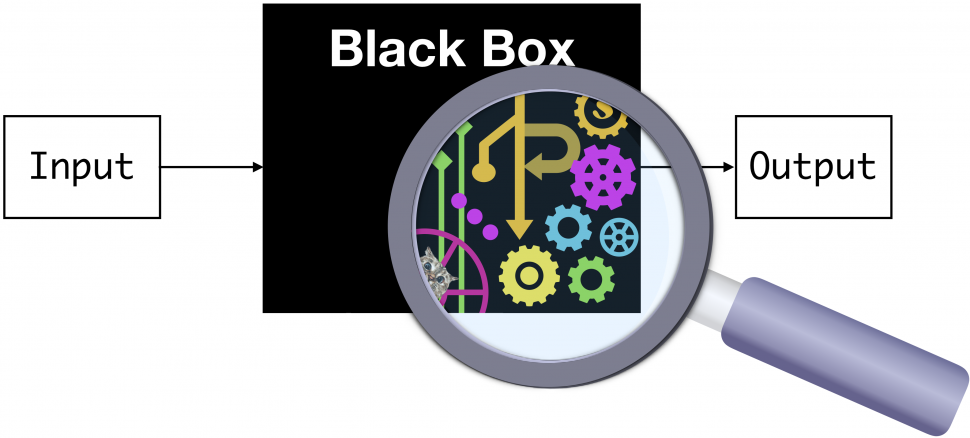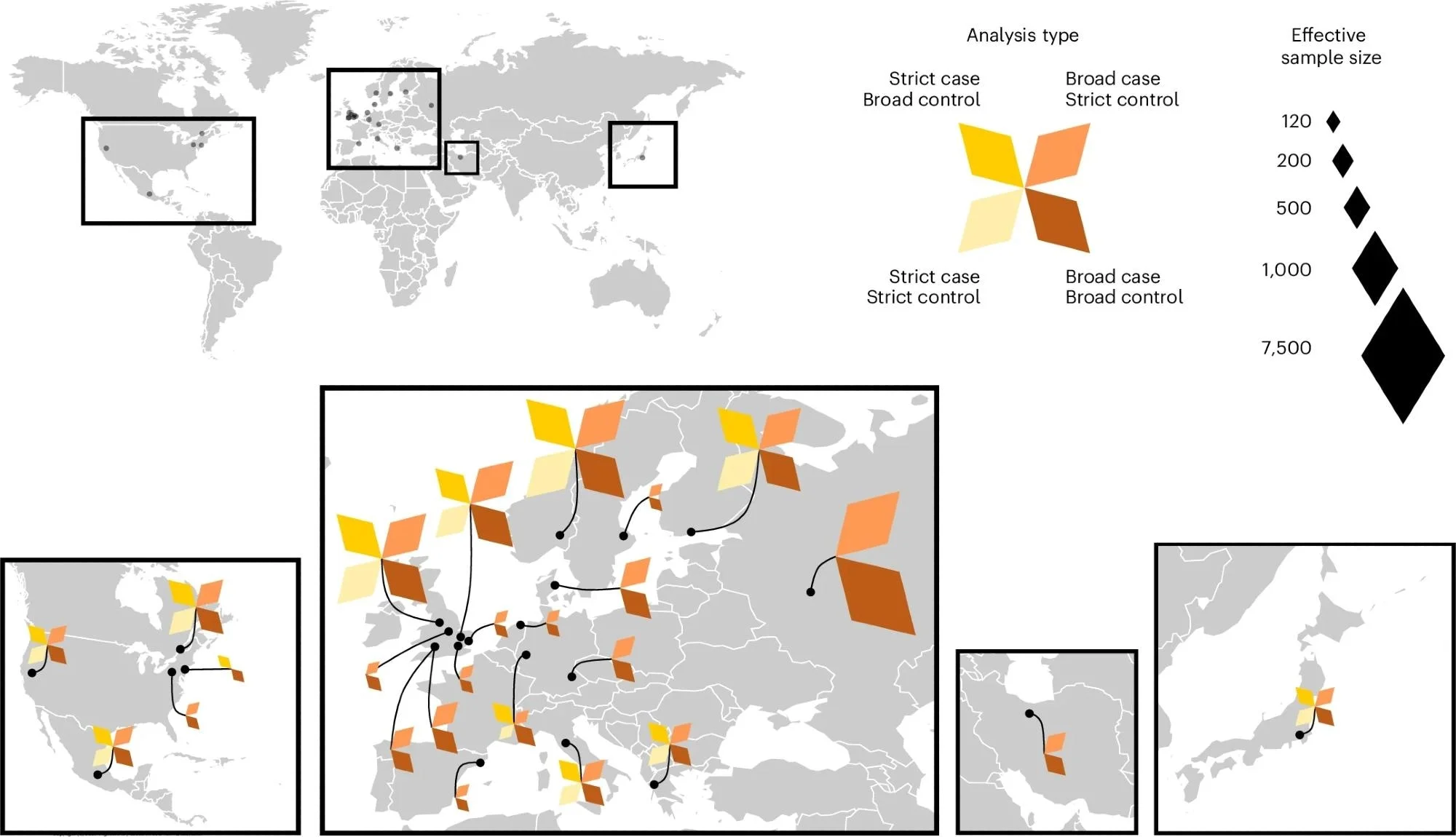- Courses
- GS Full Course 1 Year
- GS Full Course 2 Year
- GS Full Course 3 Year
- GS Full Course Till Selection
- Answer Alpha: Mains 2025 Mentorship
- MEP (Mains Enrichment Programme) Data, Facts
- Essay Target – 150+ Marks
- Online Program
- GS Recorded Course
- Polity
- Geography
- Economy
- Ancient, Medieval and Art & Culture AMAC
- Modern India, Post Independence & World History
- Environment
- Governance
- Science & Technology
- International Relations and Internal Security
- Disaster Management
- Ethics
- NCERT Current Affairs
- Indian Society and Social Issue
- NCERT- Science and Technology
- NCERT - Geography
- NCERT - Ancient History
- NCERT- World History
- NCERT Modern History
- CSAT
- 5 LAYERED ARJUNA Mentorship
- Public Administration Optional
- ABOUT US
- OUR TOPPERS
- TEST SERIES
- FREE STUDY MATERIAL
- VIDEOS
- CONTACT US
ADCs Demand to pass 125th constitutional amendments bill
ADCs Demand to pass 125th constitutional amendments bill
28-08-2024
- In July 2024, the Chief Executive Magistrates (CEMs) from 10 Autonomous District Councils (ADCs) in the states of Assam, Meghalaya, Mizoram, and Tripura demand the passage of the 125th Constitutional Amendment Bill.
- In response, the Union government decided to establish a committee led by the Minister of State for Home Affairs to address the issues related to the Bill.
- The Constitution (125th Amendment) Bill, 2019 was introduced in the Rajya Sabha in Jan 2019 to amend the provisions related to the Finance Commission and the Sixth Schedule of the Constitution.
Key Amendments Proposed in the 125th Constitutional Amendment Bill
- The Bill seeks to enhance the financial, executive, and administrative powers of tribal autonomous councils under the Sixth Schedule of the Constitution.
Village and Municipal Councils
- The Bill proposes the formation of Village and Municipal Councils in addition to the existing District and Regional Councils.
- Village Councils: These will be established for individual villages or clusters of villages in rural areas.
- Municipal Councils: These will be created in urban areas within each district.
- District Councils will be empowered to legislate on:
- The number and composition of Village and Municipal Councils.
- The delimitation of constituencies for elections to these councils.
- The powers and functions of the Village and Municipal Councils.
Rules for Devolution of Powers
- The Governor will have the authority to create rules for devolving powers and responsibilities to Village and Municipal Councils. These rules may include:
- The preparation of economic development plans.
- The implementation of land reforms.
- Urban and town planning.
- Regulation of land use, among other responsibilities.
- The Bill also proposes that the Governor may set rules for the disqualification of council members due to defection.
State Finance Commission
- The Bill calls for the establishment of a Finance Commission in these states to assess the financial conditions of District, Village, and Municipal Councils.
- The Commission will provide recommendations on:
- The distribution of taxes between the states and District Councils.
- Grants-in-aid to District, Village, and Municipal Councils from the state's Consolidated Fund.
Elections to Councils
- Elections for District, Regional, Village, and Municipal Councils will be conducted by the State Election Commission, which is appointed by the Governor in these four states.
Current Status of the Bill
- The Constitution (125th Amendment) Bill, 2019, was introduced in the Rajya Sabha and subsequently referred to the Departmental-Related Standing Committee on Home Affairs.
- The committee highlighted several concerns in its 2020 report, and the Bill has since remained pending.
Sixth Schedule of the Constitution
|
What are Autonomous District Councils (ADCs)?
- ADCs are constitutional bodies established under the Sixth Schedule (Article 244) in Northeast India. They are designed to safeguard the cultural identities and natural resources of the tribal populations.
- Governor’s Authority: The Governor has the power to organize, reorganize, and modify the autonomous districts, including their areas and boundaries.
- Tribal Distribution: In cases where multiple tribes reside in a district, the Governor can create autonomous regions within that district.
- Composition:
- District Council: Each district is governed by a council composed of 30 members, with 26 elected members and 4 nominated by the Governor. The term of service for these members is five years.
- Regional Council: Each autonomous region has its own council.
- Administration: The district and regional councils are responsible for managing their respective areas.
- They may also establish village councils or courts to resolve tribal disputes, with appeals handled as per the Governor's directives.
- Current Status: Currently, there are 10 autonomous councils: three each in Assam, Meghalaya, and Mizoram, and one in Tripura.




